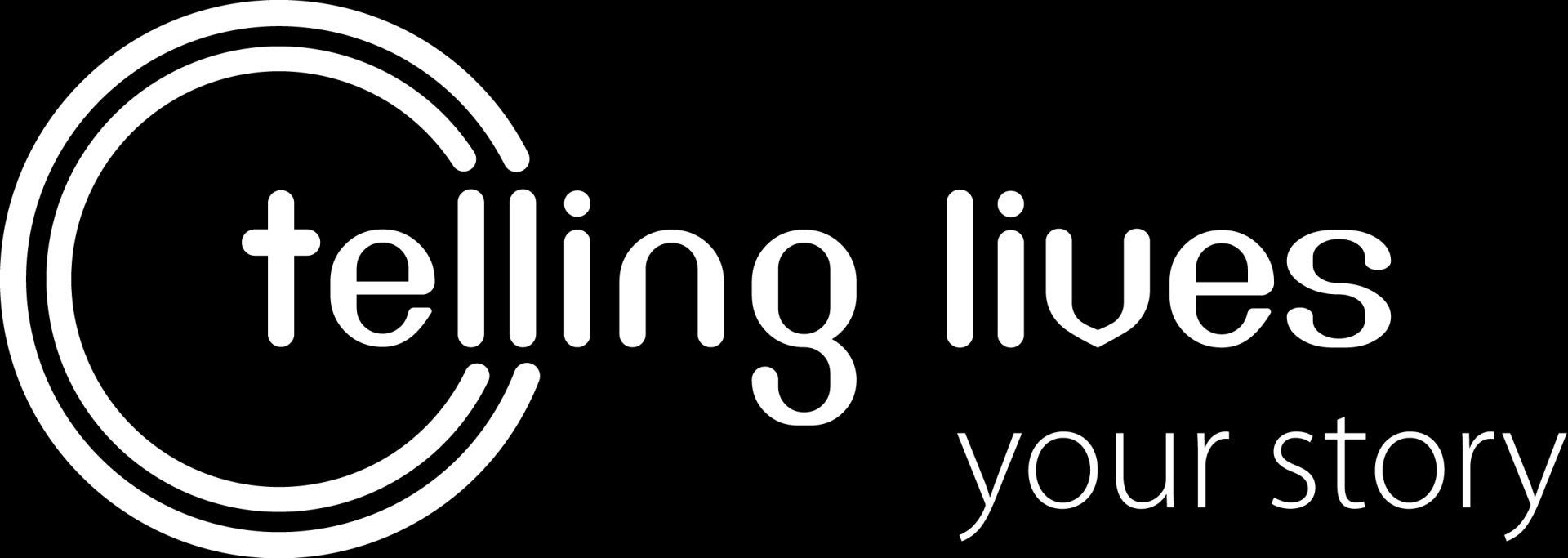Strategy - It takes more than guts, you need situational awareness and a good plan!
Funerals enable us to express grief and loss but they're also an opportunity to say thank you and farewell
Eulogy and Ceremony
Celebrants are often asked to write a eulogy on behalf of a bereaved partner or loved one. Drawing a portrait of another person's life using the words and stories of those who knew them best.
Visual Tributes
Funeral Fees
My standard fee as a celebrant and funeral consultant ranges from between $500-$700 dollars depending on time and distance.
That fee includes as many family meetings as required, the writing and delivery of a personalised funeral/life celebration and eulogy. Guidance and advice on music, vision and ritual and of course dealing with funeral companies.
I believe that being genuinely involved in supporting and guiding a family through this important time is an essential part of a celebrant's role and I'm happy to offer advice and recommend other caring funeral professionals who can assist.
On average I spend eight or more hours involved in the preparation and delivery of a funeral service, which is often spread over a three or four day period.
When looking at celebrant's fees it's useful to remember that the ceremony is at the very heart of what you're doing and usually a mere fraction of the overall cost. If authenticity and meaning matter, then my advice is do the ceremony well, the way you want it.
